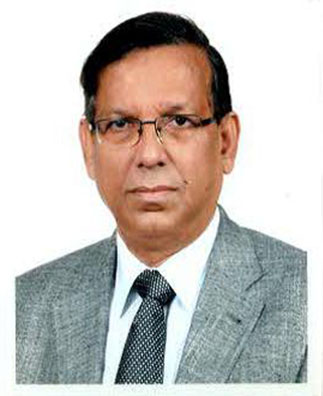Professional Etiquettes for Lawyers
-
It is the duty of every Advocate to uphold at all times the dignity and high standing of his profession, as well as his own dignity and high standing as a member thereof.
-
An Advocate shall not solicit professional employment by advertisement or by any other means. This clause shall not be constructed as prohibiting the publication or use of ordinary professional cards, name plates or conventional listings in directories, so long as the information contained therein is limited to professional and academic qualifications and public offices currently held, and does not contain any matter which savors of personal advertisement.
-
An Advocate shall not employ any other person to solicit or obtain professional employment nor remunerate another for soliciting or obtaining professional employment for him; nor shall he share with an unlicensed person any comprehension, arising out of or incidental to professional employment, nor shall he aid or abet an unlicensed person to practice law or to receive compensation thereof; nor shall he knowingly accept professional employment offered to him as a result of or as incidental to the activities of an unlicensed person.
-
An Advocate shall not communicate about a subject of controversy with a party represented by an Advocate in the absence and without the consent of such Advocate.
-
An Advocate shall not, in the absence of the opposing counsel communicate with or argue before a judge or judicial officer except in open court and the merits of a contested matter pending before such judge or judicial officer, nor shall he, without furnishing the opposing Advocate with a copy thereof, address a written communication to a judge or judicial officer concerning the merits of a contested matter pending before such judge or judicial officer. This rule shall not apply to expert matters or in respect of matters not sub-judice before the judge or judicial officer concerned.
-
A client’s proffer of assistance of additional Advocate/s should not be regarded as evidence of want of confidence but the matter should be left to the determination of the client. An Advocate should decline association as a colleague unless the dues of the Advocate first retained are paid.
-
Clients, not Advocates, are the litigants. Whatever may be the ill feeling existing between clients, it should not be allowed to influence Advocates in their conduct and demeanour toward each other or toward the parties in the case. All personal clashes between Advocates should be scrupulously avoided, in the trail of a cause it is indecent to allude to the personal peculiarities and idiosyncrasies of Advocates appearing on the other side. Personal colloquies between Advocates which causes delay and promote unseemly wrangling should be carefully avoided.
-
No division of fees with any person for legal services is proper, except with another Advocate based upon the principle of division of work as expressed in the agreement between the Advocates.
-
Subject to the precedence of the Attorney General and the Advocate General as established by constitutional usage and practice, it is the duty of Advocates to maintain and uphold the order of precedence in accordance with the Roll of Advocate maintained by the Bar Council.
-
Junior and younger members should always be respectful to senior and older members. The latter are expected to be not only courteous but also helpful to their junior and younger brethren at the Bar.
-
Where more than one Advocate is engaged on any side it is the right of the senior member to lead the case and the junior members to assist him.
Source: http://www.barcouncil.gov.bd/disciplinary-jurisdiction/conduct-of-ethics-of-lawyers






